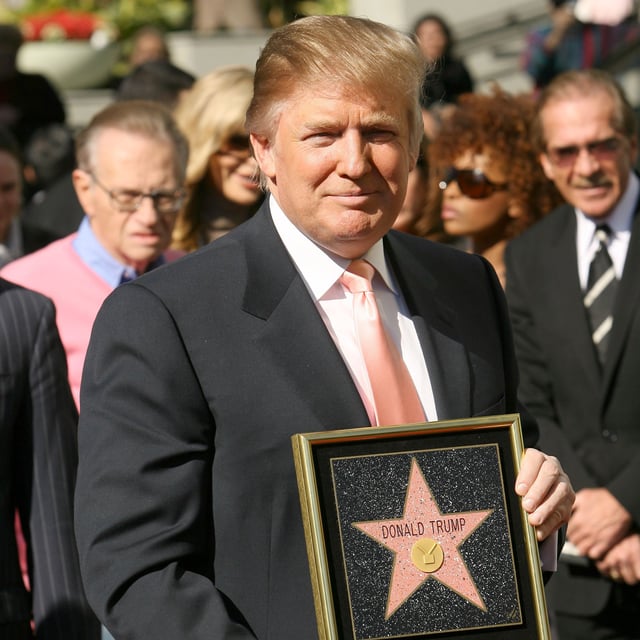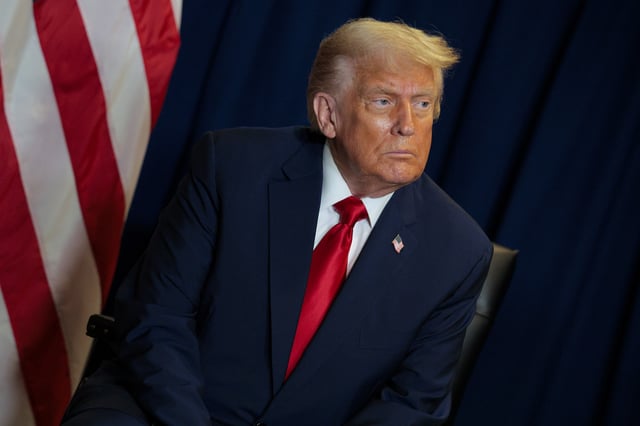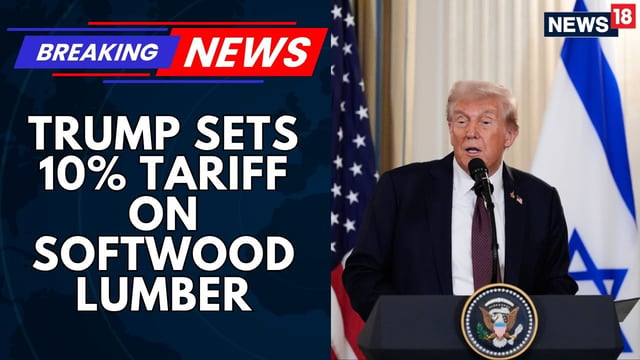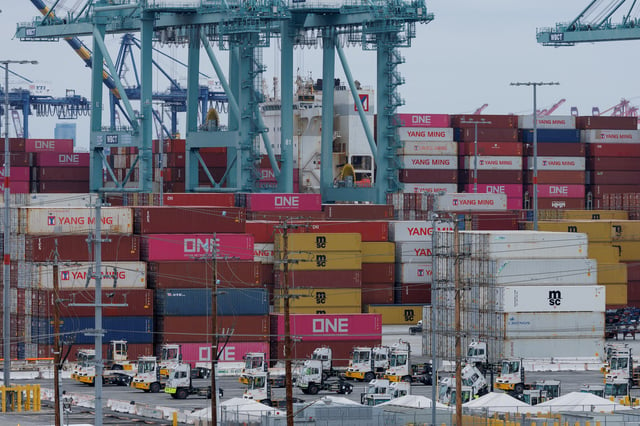Overview
- Trump announced the move in a Truth Social post on Monday, framing foreign production as having "stolen" U.S. moviemaking and singling out California as heavily affected.
- Neither a timeline nor a mechanism has been provided, and the White House did not respond to questions about how a film tariff would be implemented.
- Studios and legal analysts note major hurdles because modern productions span multiple countries and films are treated as intellectual property and services rather than physical imports.
- Market reaction was cautious, with Netflix shares falling roughly 1% to 1.5% in early trading following the post.
- The film tariff push comes alongside new or planned duties on other sectors, including a 100% levy on branded drugs, 25% on heavy trucks, 50% on kitchen cabinets and vanities, and 30% on upholstered furniture.



